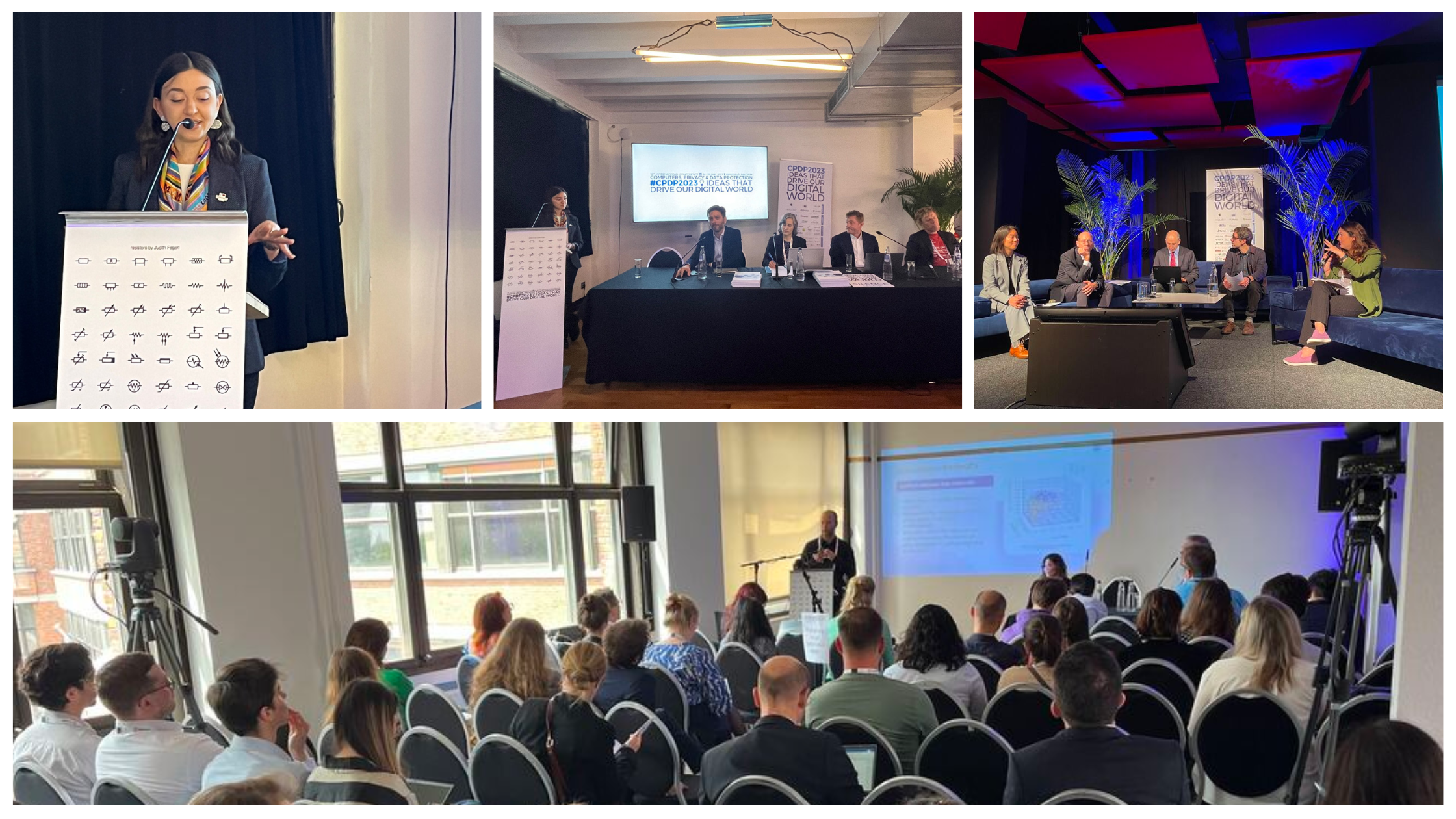
The First Japan Privacy Symposium: G7 DPAs discussed their approach to reign in AI, and other regulatory priorities
The Future of Privacy Forum and S&K Brussels hosted the first Japan Privacy Symposium in Tokyo, on June 22, 2023, following the G7 Data Protection and Privacy Commissioners roundtable. The Symposium brought global thought leadership on the interaction of data protection and privacy law with AI, as well as insights into the current regulatory priorities […]

A New Domicile for Comprehensive Privacy in Delaware
On June 30, 2023, in the final hours of the Delaware legislative session, lawmakers in Dover passed House Bill 154, the Delaware Personal Data Privacy Act (“DPDPA”). If enacted by Governor Carey, the DPDPA will take effect on January 1, 2025 and follows the general model established by the Connecticut Data Privacy Act (CTDPA), with […]

FPF Paper, “The Thin Red Line …,” Receives the Council of Europe’s 2023 Stefano Rodotà Award
On Friday, June 16th, members of the FPF team joined the 44th Plenary meeting of the Council of Europe’s Committee of Convention 108 in Strasbourg, France to accept a tremendous research honor. On this occasion, Katerina Demetzou, Senior Counsel for Global Privacy, Dr. Gabriela Zanfir-Fortuna, VP for Global Privacy, and Sebastião Barros Vale, former Senior […]

Nigeria’s New Data Protection Act, Explained
On June 12, 2023, the President of Nigeria signed the Data Protection Bill into law following a successful third reading at the Senate and the House of Representatives. The Data Protection Act, 2023 (the Act) has had executive and legislative support and marks an important milestone in Nigeria’s nearly two-decade journey towards a comprehensive data […]

FPF Launches Cybersecurity and Data Privacy Expert Group, Bringing Together Top Leaders for Advisory Committee
As the world becomes more ingrained and dependent on digital systems, the need to explore the challenges posed by emerging technologies and develop ethical norms and workable best practices grows. Today, FPF launched its Privacy and Cybersecurity Expert Group and announced the Inaugural Advisory Committee to lead FPF’s exploration of the intersection of privacy and […]

Unveiling China’s Generative AI Regulation
Authors: Yirong Sun and Jingxian Zeng The following is a guest post to the FPF blog by Yirong Sun, research fellow at the New York University School of Law Guarini Institute for Global Legal Studies at NYU School of Law: Global Law & Tech and Jingxian Zeng, research fellow at the University of Hong Kong […]

Immersive Tech Panel Series
Please join the Future of Privacy Forum for the kickoff of its Immersive Tech Panel Series, examining the new privacy risks and policy questions that arise when immersive technologies are integrated into domains like health, advertising, transportation, AI, and education. With privacy legislation gaining momentum around the country, immersive technologies occupy a place of regulatory uncertainty. It’s […]

FPF at CPDP 2023: Covering Hot Topics, from Data Protection by Design and by Default, to International Data Transfers and Machine Learning
At this year’s annual Computers, Privacy and Data Protection (CPDP) conference in Brussels, several Future of Privacy Forum (FPF) staff took part in different panels, organized by FPF, as well as academic, industry, and civil society groups. This blogpost provides a brief overview of these exciting events, and CPDP will publish recordings of them shortly. […]

Connecticut Shows You Can Have It All
On June 3rd, Connecticut Senate Bill 3 (SB 3), an “Act Concerning Online Privacy, Data and Safety Protections,” cleared the state legislature following unanimous votes in the House and Senate. If enacted by Governor Lamont, SB 3 will amend the Connecticut Data Privacy Act (CTDPA) to create new rights and protections for consumer health data […]

AI Verify: Singapore’s AI Governance Testing Initiative Explained
In recent months, global interest in AI governance and regulation has expanded dramatically. Many identify a need for new governance and regulatory structures in response to the impressive capabilities of generative AI systems, such as OpenAI’s ChatGPT and DALL-E, Google’s Bard, Stable Diffusion, and more. While much of this attention focuses on the upcoming EU […]
